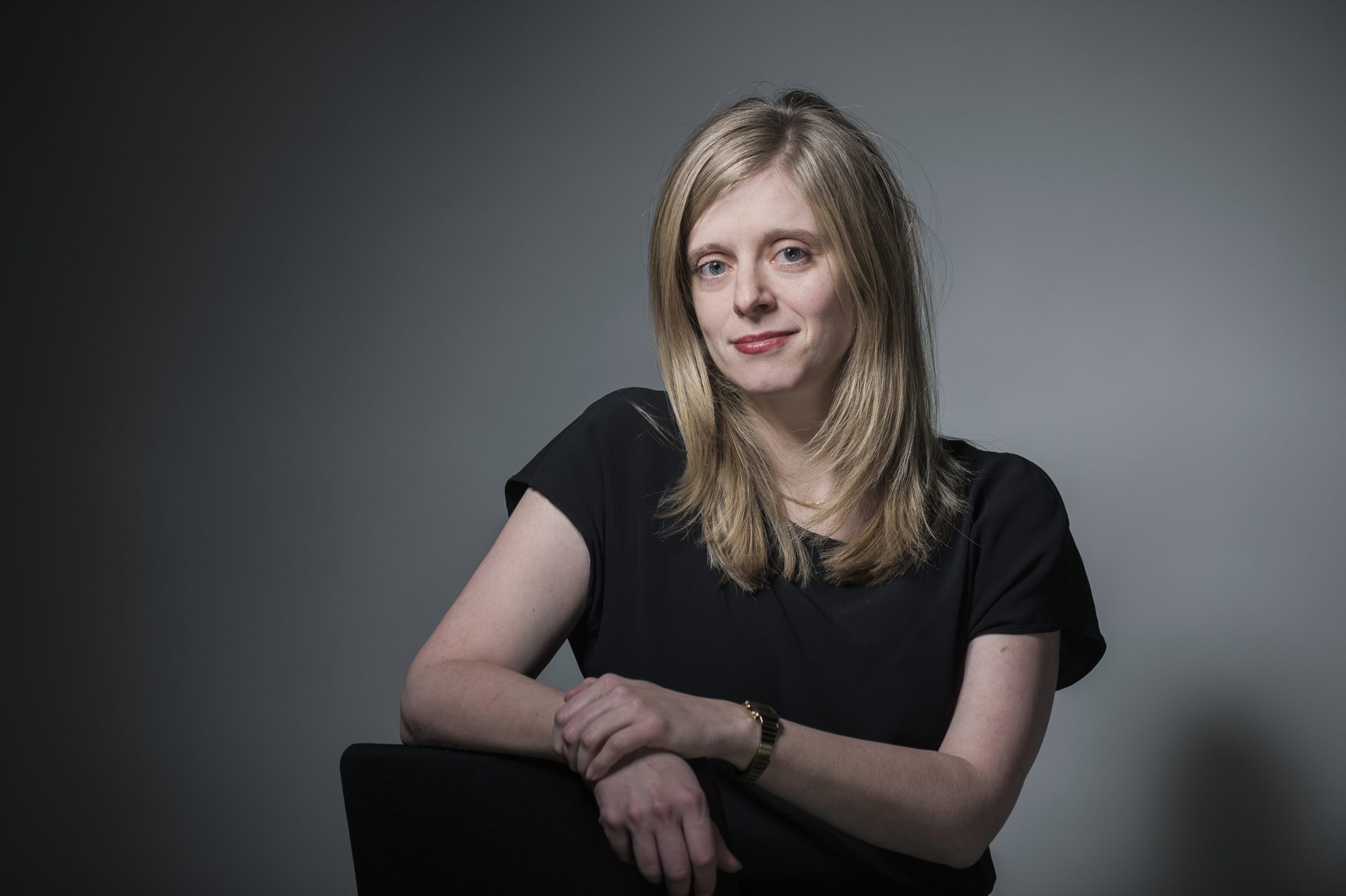
Last Wednesday, it was announced that the American philosopher Martha Nussbaum is to receive the Spinozalens 2022. The Spinozalens is an award for an international thinker who has done pioneering work on the relationship between ethics and society. Nussbaum is being honored for her work on vulnerability and chance, but also for the ‘Capability Approach’ (CA) which she developed together with economist Amartya Sen.
With CA, Nussbaum and Sen focus on the real or effective opportunities that people have. To give a very simple example, suppose there is a park near you but it is so unsafe that you dare not go there, then you will not use it in practice.
The philosophy underpinning CA comprises a list of ten universal values that Nussbaum believes are necessary conditions for (achieving) a state of wellbeing. Examples are physical health and physical integrity, but also play, which includes being able to participate in recreational activities. She recognizes that each individual may have a different, specific interpretation of these values, and that the importance of each value may differ from person to person. Furthermore, not everyone needs to have all ten to lead a good life.
Normative framework for wellbeing and technology
Although there is a lot of criticism of CA (for example, its limitation to only ten values), this approach also provides a normative framework for wellbeing and technology. For example, one of the values is politics, which also covers protection of freedoms, such as freedom of expression and freedom of information. One example, as in the case of Facebook: on social media, advertisers often do not want abusive messages to appear next to their ads, so not everything is allowed to be shown. As such, commercial interests place a restriction on the freedom of expression.
Also read: Why Zuckerberg and Jobs kept their children away from their own creations
Facebook’s power also has an impact on freedom of information that cannot be underestimated. The company is allowed to remove content if it violates their ‘community standards.’ Every user in principle agrees to this – as long as they read those ‘terms of service’, of course. Moreover, you do not know what you are not shown, because information was removed or because it is not being shown to you. No transparency is provided as to what data was taken offline or banned in advance.
Protected or jeopardized
While this is only one example, CA’s list of ten values provides an interesting framework for deeper reflection on how each value is protected or jeopardized by a current or future technology. Thus proving that abstract philosophy can also be very practical.
About this column
In a weekly column, alternately written by Bert Overlack, Eveline van Zeeland, Eugene Franken, Helen Kardan, Katleen Gabriels, Carina Weijma, Bernd Maier-Leppla and Colinda de Beer, Innovation Origins tries to figure out what the future will look like. These columnists, sometimes joined by guest bloggers, are all working in their own way to find solutions to the problems of our time. So tomorrow will be good. Here are all the previous articles.







